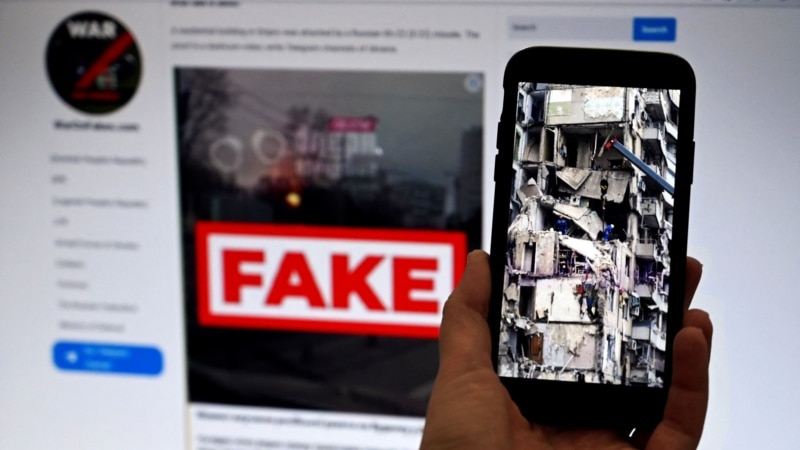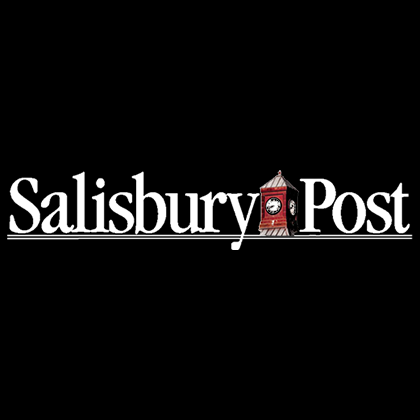**European Commission to Unveil ‘Democracy Shield’ Plan Against Foreign Interference**
The European Commission is preparing to present its latest strategy aimed at protecting the European Union (EU) and candidate countries from foreign interference and political manipulation. Dubbed the “democracy shield,” this collection of proposals is set to be rolled out over the coming years, with the official presentation scheduled for November 12.
### Russia Identified as Primary Threat
An advanced draft of the plan, seen by RFE/RL, highlights Russia as the main direct threat to both the EU and nations aspiring to join the bloc. The document states:
> “In addition to its brutal war of aggression against Ukraine, Russia is also escalating hybrid attacks, waging a battle of influence against Europe. The tactics used are reaching deep into the fabric of our societies, with potentially long-lasting impacts.”
It further explains that Russia spreads deceitful narratives, often manipulating and falsifying historical facts, aiming to erode trust in democratic systems. Notably, no other countries are mentioned in the 30-page draft, despite previous EU concerns about China’s efforts to exert political influence across Europe.
### The Challenge of Combating Disinformation
Addressing disinformation and foreign interference remains a controversial issue both within Brussels and beyond EU borders. The sensitivity of the matter became especially apparent following Romania’s Constitutional Court decision in December 2024 to annul the results of the first round of its presidential election. The court cited a Kremlin-driven online campaign promoting nationalist candidate Calin Georgescu, who had finished first. Critics, however, accused the court of political interference and undermining free speech.
Given these complexities, the European Commission is proceeding cautiously. Part of this restraint stems from the fact that many responsibility areas lie with individual member states. Additionally, Brussels is mindful of not escalating tensions with major online platforms—many of which are U.S.-based—at a time when transatlantic relations face instability, including trade disputes and concerns over U.S. troop withdrawals from Europe.
### Engaging Tech Giants and Tackling AI
Despite these challenges, the draft stresses the importance of engaging with technology companies to combat disinformation. Most large platforms—such as Facebook and TikTok—have pledged to comply with the EU’s Code of Conduct on Disinformation, providing regular updates on their efforts. However, Elon Musk’s X remains a conspicuous exception.
The paper advocates for pushing these companies to do more, specifically to “demonetize disinformation” and enhance the detection and labeling of AI-generated or manipulated content.
### Core Focus Areas of the Democracy Shield
The proposed initiative centers on three main objectives:
– Improving situational awareness
– Supporting democratic institutions and free media
– Boosting citizen engagement
A key feature is the creation of a **European Center for Democratic Resilience**. This hub would connect existing networks focused on preventing, detecting, analyzing, and responding to information space threats. It would aim to develop joint approaches, share data, and exchange analytics.
The EU previously attempted a similar system with the Rapid Alert System launched in 2019, which failed to gain traction. This new effort will involve EU institutions, member states, and candidate countries such as Moldova, Ukraine, and nations in the Western Balkans.
Importantly, the Commission emphasizes that this center will not function as a “Ministry of Truth.” Participation will be voluntary, with operations respecting both EU and national competences.
### Election Monitoring and Media Support
Other proposals include:
– The rollout of an **EU digital identity wallet** for citizens and residents in 2025.
– Establishment of a **European network of fact-checkers** to create a centralized fact-checking repository.
– Formation of a **voluntary influencer network** aimed at raising awareness of relevant EU rules and sharing best practices.
Reflecting on Russia’s heavy involvement in Moldova’s September parliamentary election, the draft calls for bolstering EU election observation missions beyond the bloc. These missions would assist national authorities throughout the electoral cycle, with planned deployments anticipated for Armenia’s upcoming parliamentary elections.
Furthermore, the European Digital Media Observatory’s mandate would be extended along with increased funding to enhance its research and analysis on disinformation campaigns, focusing on elections within both member and partner countries.
Supporting independent media and journalism in the EU’s neighborhood, including Belarus and Russia, also features in the draft, though specific financial amounts remain unspecified.
### Funding and Future Outlook
Many of the “democracy shield” proposals align with the European Commission’s 2 trillion euro ($2.3 trillion) budget proposal for the upcoming seven-year financial framework beginning in 2028. The Commission expects these initiatives to be implemented gradually to strengthen the EU’s resilience against foreign political interference while upholding democratic values.
—
*Stay tuned for the official presentation of the “democracy shield” on November 12, as the European Commission charts a course to safeguard democracy in an era of complex and evolving information threats.*
https://www.rferl.org/a/eu-democracy-shield-combat-foreign-interference-disinformation/33586338.html



